The oldest in habited house in Hertfordshire comes up for sale, a 15th century home with some very 21st century touches
An ancient and atmospheric home with a swimming pool and converted barn has appeared on the market near Buntingford. Penny Churchill takes a look.
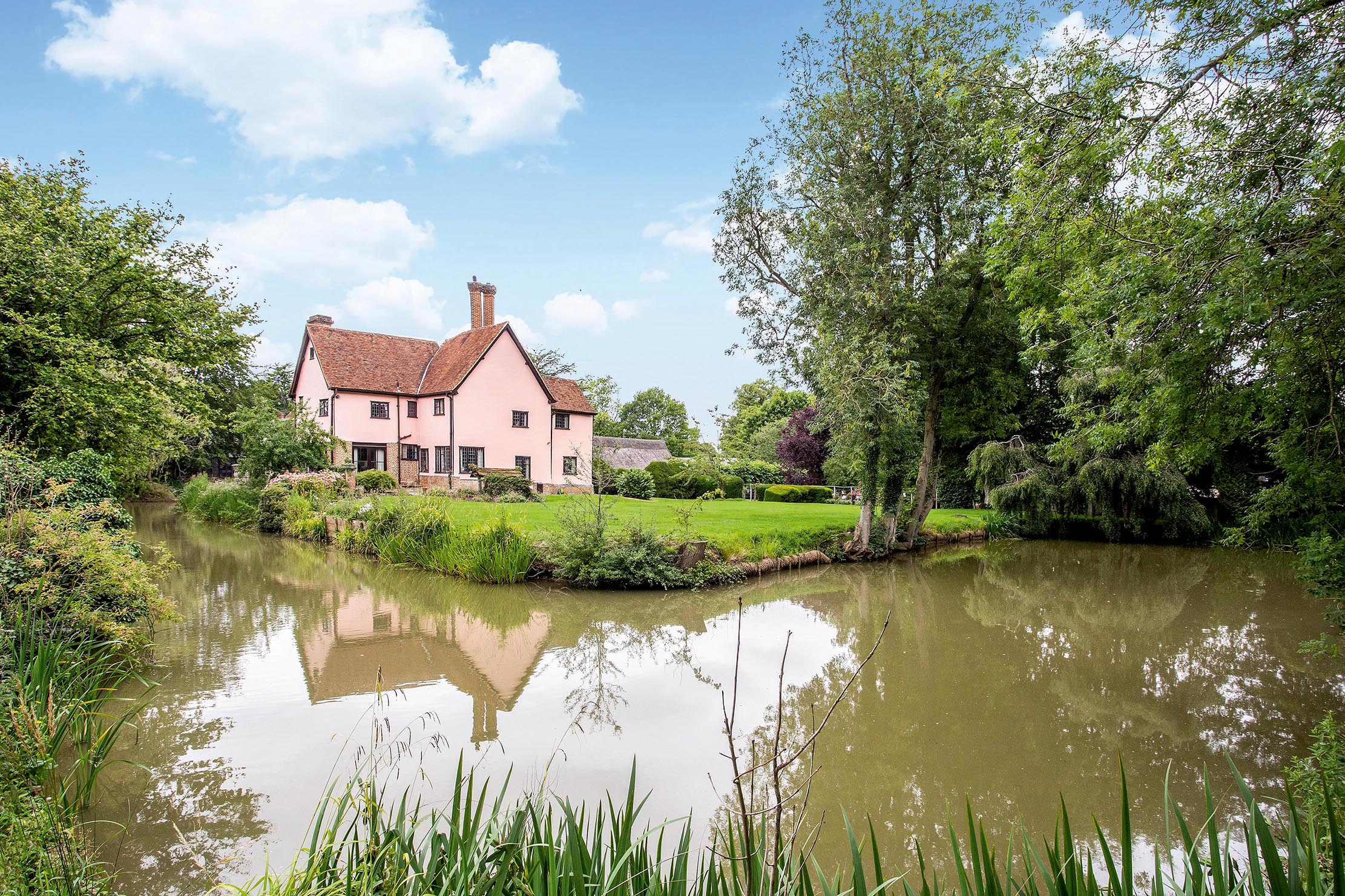
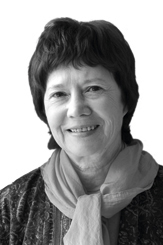
With its 42 conservation areas and 4,000 listed buildings, the East Hertfordshire District boasts a rich and vibrant built heritage that showcases the best of English architecture through the ages. Even more impressive, perhaps, given the area’s proximity to London, is the way in which successive generations have managed to maintain a clear distinction between the built environment of its historic towns and villages and the surrounding countryside.
Set amid the rolling hills and fields of north-east Hertfordshire, just north of the Roman road known as Stane Street, the village of Cottered, three miles from Buntingford and 15 miles from Bishop’s Stortford, is typical of the area with its lush open spaces and long central village green. At the heart of the small, Y-shaped village, at the junction of the roads from Buntingford, Ardeley and Cumberlow Green, stands the 14th-century church of St John the Baptist, the final resting place of the Rev Anthony Trollope, grandfather of the authors Anthony and Thomas Adolpus Trollope, who was rector of Cottered for 44 years, dying there in 1806.
To the south-east of the church stands The Lordship, said to be the oldest inhabited house in the county, now for sale for the first time in more than 50 years, at a guide price of £2.15 million, through Knight Frank in Bishop’s Stortford (01279 246676).

The former manor house, listed Grade I, dates from the early to mid 15th century and, according to Historic England, was probably built for John Fray, chief baron of the Exchequer, who held the manor from 1428 until his death in 1461.
Originally an open hall with an eastern cross-wing, the house was remodelled in the early 17th century — possibly by Edward Pulter between 1600 and 1608 — with the addition of a two-storey eastern extension that included a panelled parlour on the ground floor, a new chimney serving both floors and further service rooms at the east end.

The original hall, comprising the present kitchen and perhaps a small room and lobby to the west, was finally floored over and a large south chimney added in the late 18th century. Historic features of note include the oak entrance door with its 17th-century iron knocker, the sitting room with its Jacobean oak panelling and carved overmantle and the 17th-century wall paintings on the first floor.
The compact, timber-frame manor, now a farmhouse, stands in a moated enclosure filled with water to the south and east and surrounded by 5½ acres of formal gardens, grounds, a swimming pool and paddocks.
Sign up for the Country Life Newsletter
Exquisite houses, the beauty of Nature, and how to get the most from your life, straight to your inbox.

In the 1950s, it was owned by David Lloyd George’s second son, Major Gwilym Lloyd George, 1st Viscount Tenby, who was Minister for Food from 1951 to 1954 and Home Secretary and Minister for Welsh Affairs in 1954–57.

During their 50-year tenure, the present owners have carefully maintained this charming country house, which now calls for some gentle updating of kitchen and bathrooms.

It presently offers 5,576sq ft of accommodation, including an entrance hall, three reception rooms, a kitchen/breakfast room, a large master suite, four further bedrooms and two further bathrooms.
Outside, a former barn has been converted to a two-bedroom apartment. Other amenities include a swimming pool, garaging and workshops.
The Lordship, Cottered, is for sale via Knight Frank. See pictures or request further details from the agent.
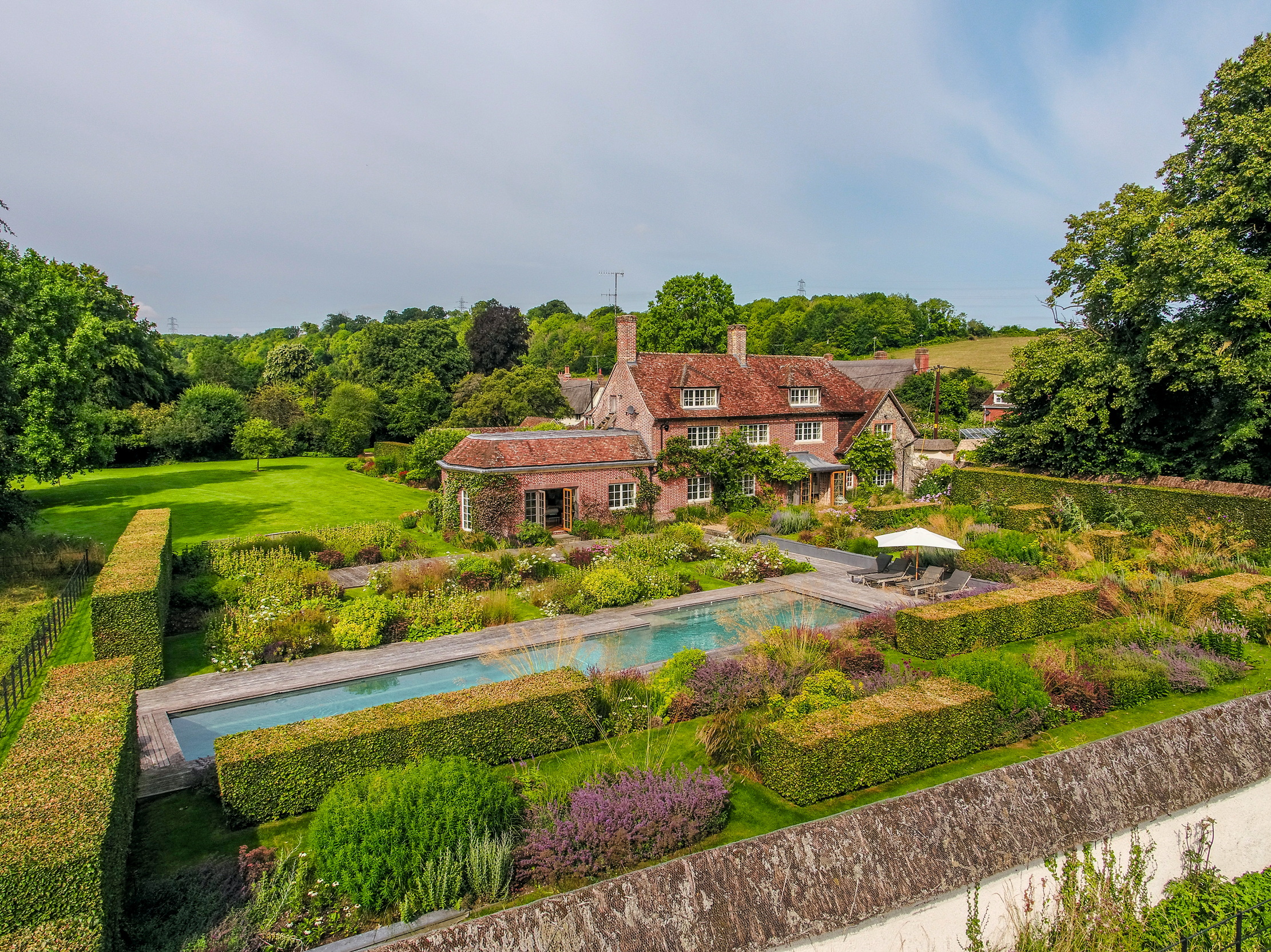
Credit: Strutt and Parker
Best country houses for sale this week
An irresistible West Country cottage and a magnificent Cumbrian country house make our pick of the finest country houses for
-
 380 acres and 90 bedrooms on the £25m private island being sold by one of Britain's top music producers
380 acres and 90 bedrooms on the £25m private island being sold by one of Britain's top music producersStormzy, Rihanna and the Rolling Stones are just a part of the story at Osea Island, a dot on the map in the seas off Essex.
By Lotte Brundle Published
-
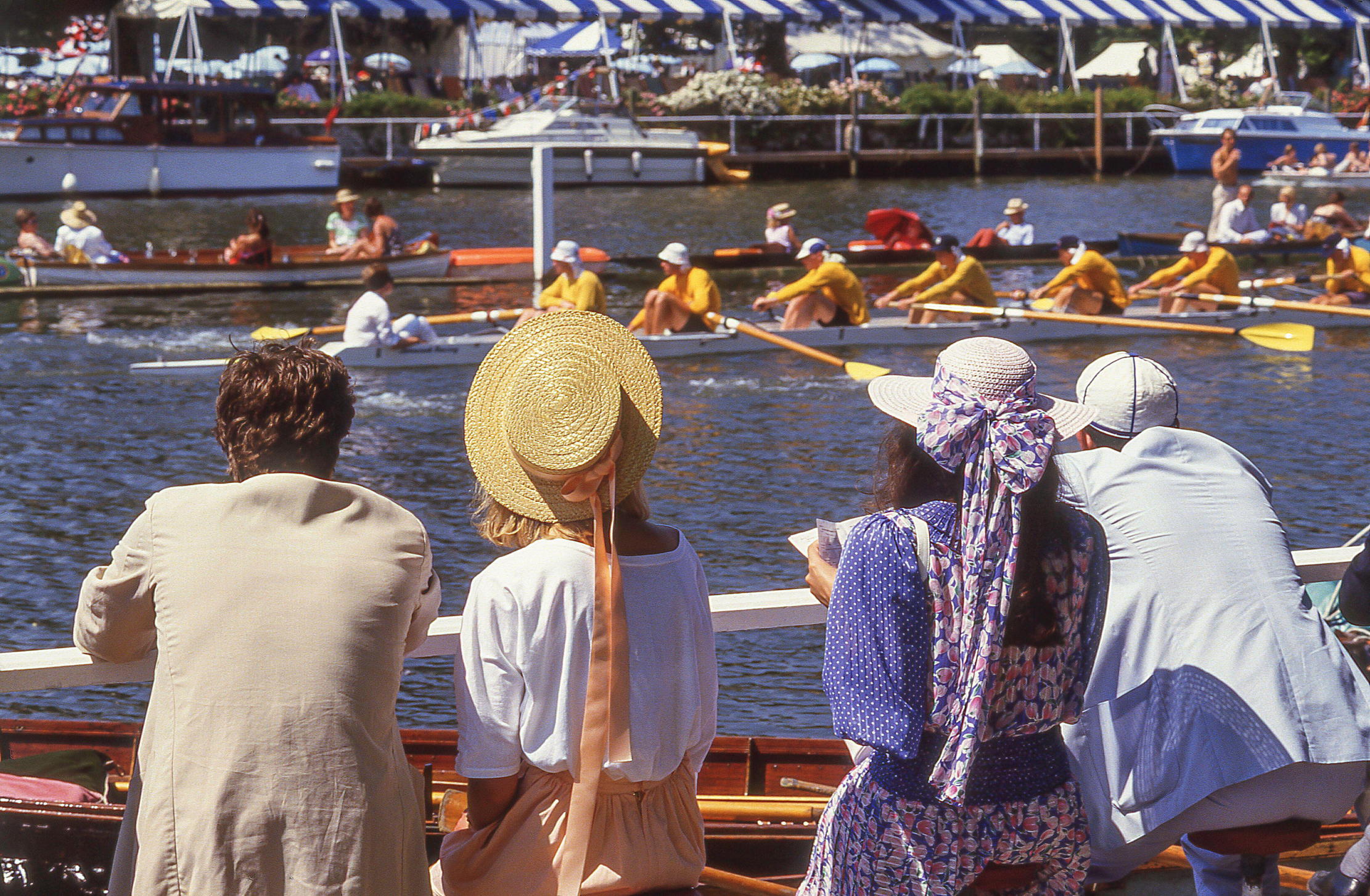 'A delicious chance to step back in time and bask in the best of Britain': An insider's guide to The Season
'A delicious chance to step back in time and bask in the best of Britain': An insider's guide to The SeasonHere's how to navigate this summer's top events in style, from those who know best.
By Madeleine Silver Published
-
 380 acres and 90 bedrooms on the £25m private island being sold by one of Britain's top music producers
380 acres and 90 bedrooms on the £25m private island being sold by one of Britain's top music producersStormzy, Rihanna and the Rolling Stones are just a part of the story at Osea Island, a dot on the map in the seas off Essex.
By Lotte Brundle Published
-
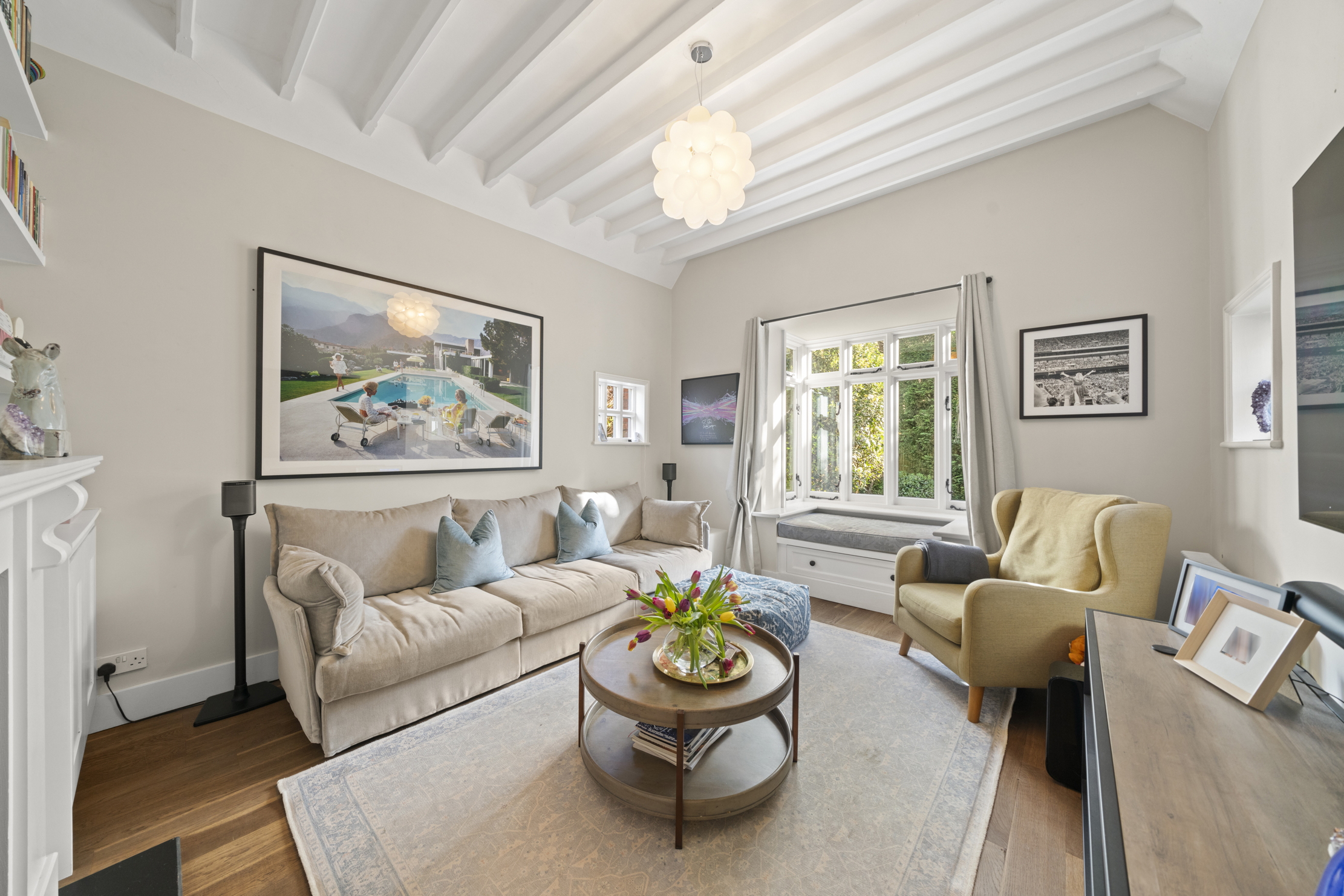 A home cinema, tasteful interiors and 65 acres of private parkland hidden in an unassuming lodge in Kent
A home cinema, tasteful interiors and 65 acres of private parkland hidden in an unassuming lodge in KentNorth Lodge near Tonbridge may seem relatively simple, but there is a lot more than what meets the eye.
By James Fisher Published
-
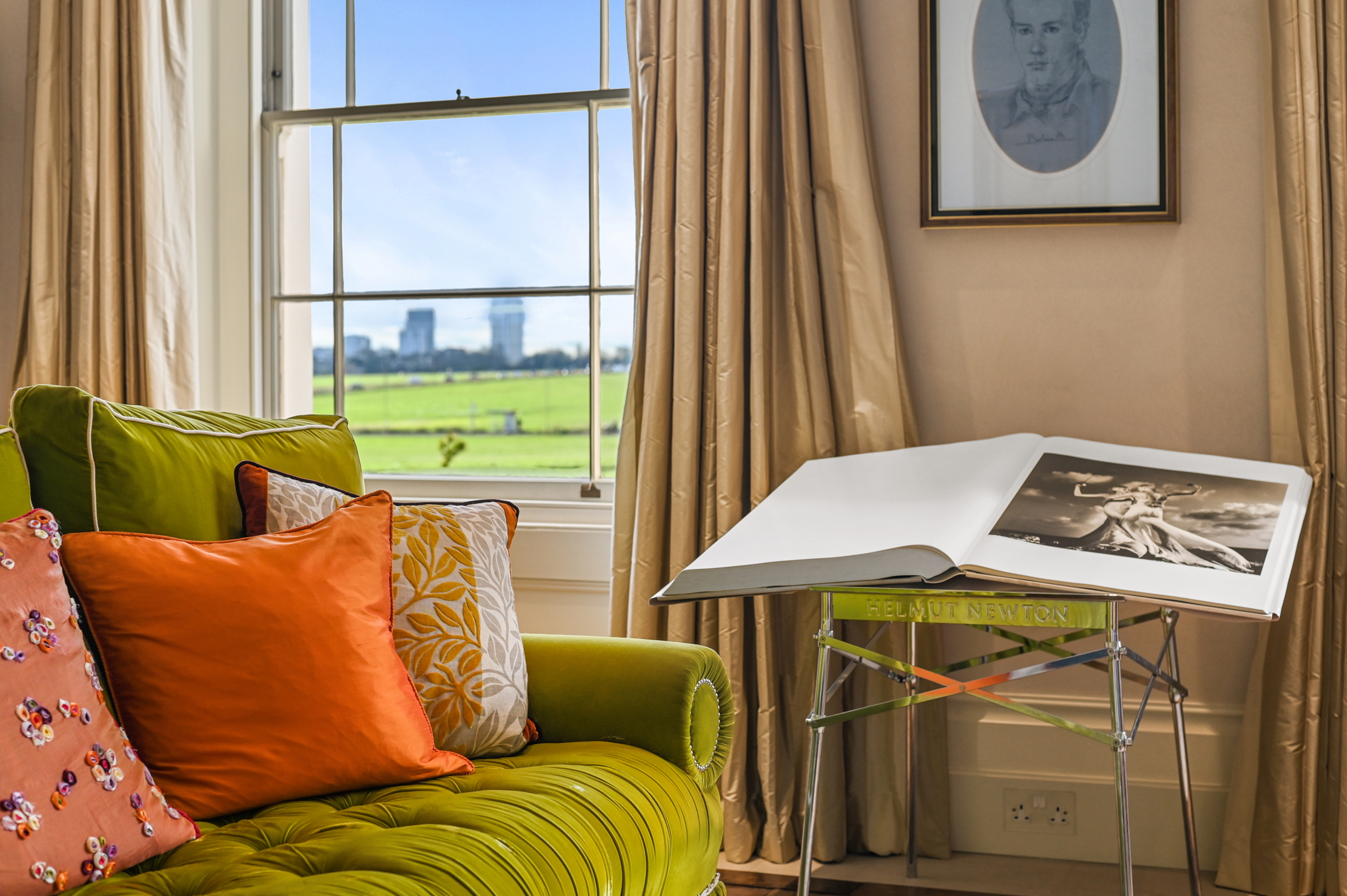 A rare opportunity to own a family home on Vanbrugh Terrace, one of London's finest streets
A rare opportunity to own a family home on Vanbrugh Terrace, one of London's finest streetsThis six-bedroom Victorian home sits right on the start line of the London Marathon, with easy access to Blackheath and Greenwich Park.
By James Fisher Published
-
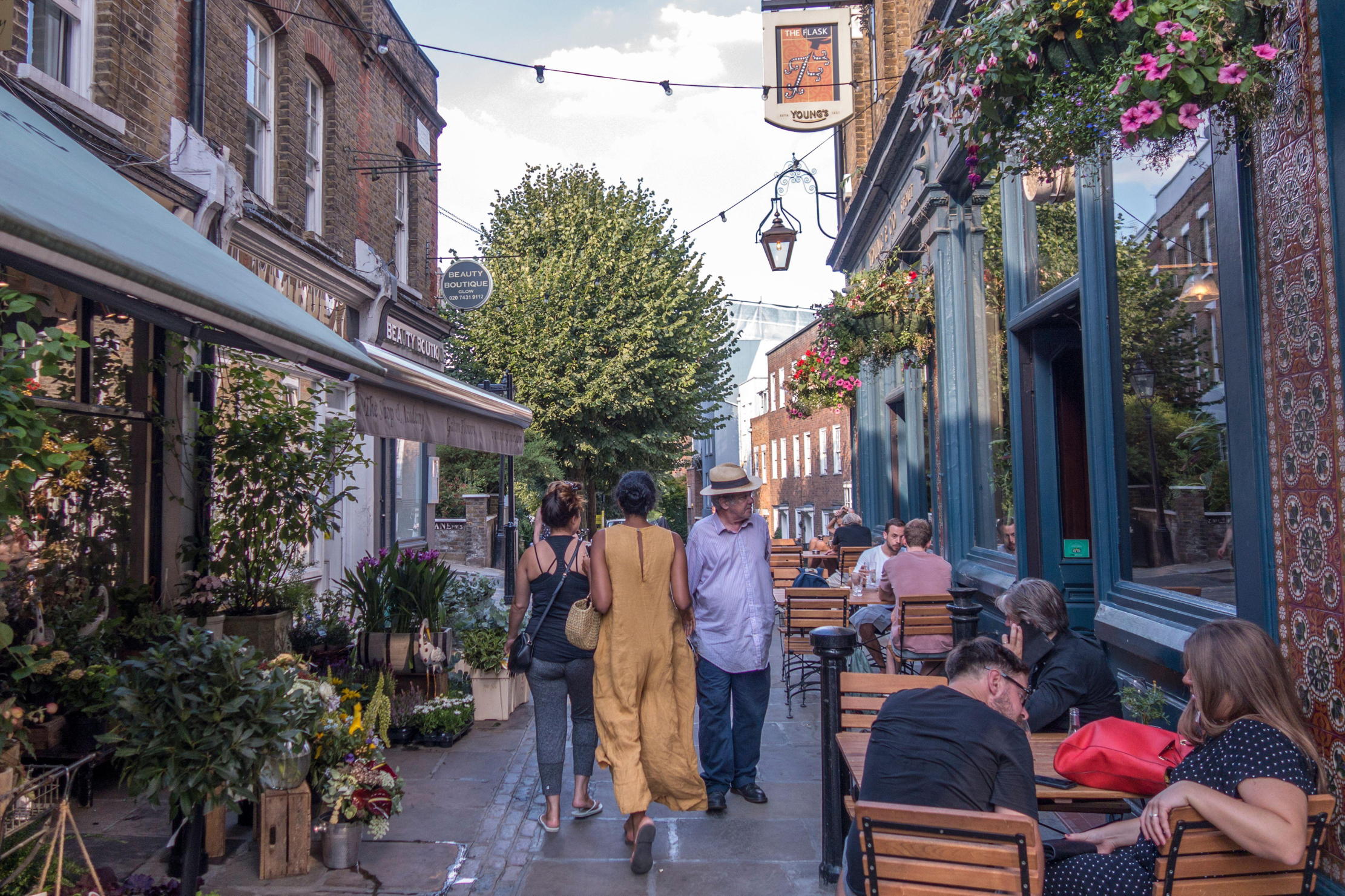 A tale of everyday life as lived on Britain's most expensive street
A tale of everyday life as lived on Britain's most expensive streetWinnington Road in Hampstead has an average house price of £11.9 million. But what's it really like? Lotte Brundle went to find out.
By Lotte Brundle Last updated
-
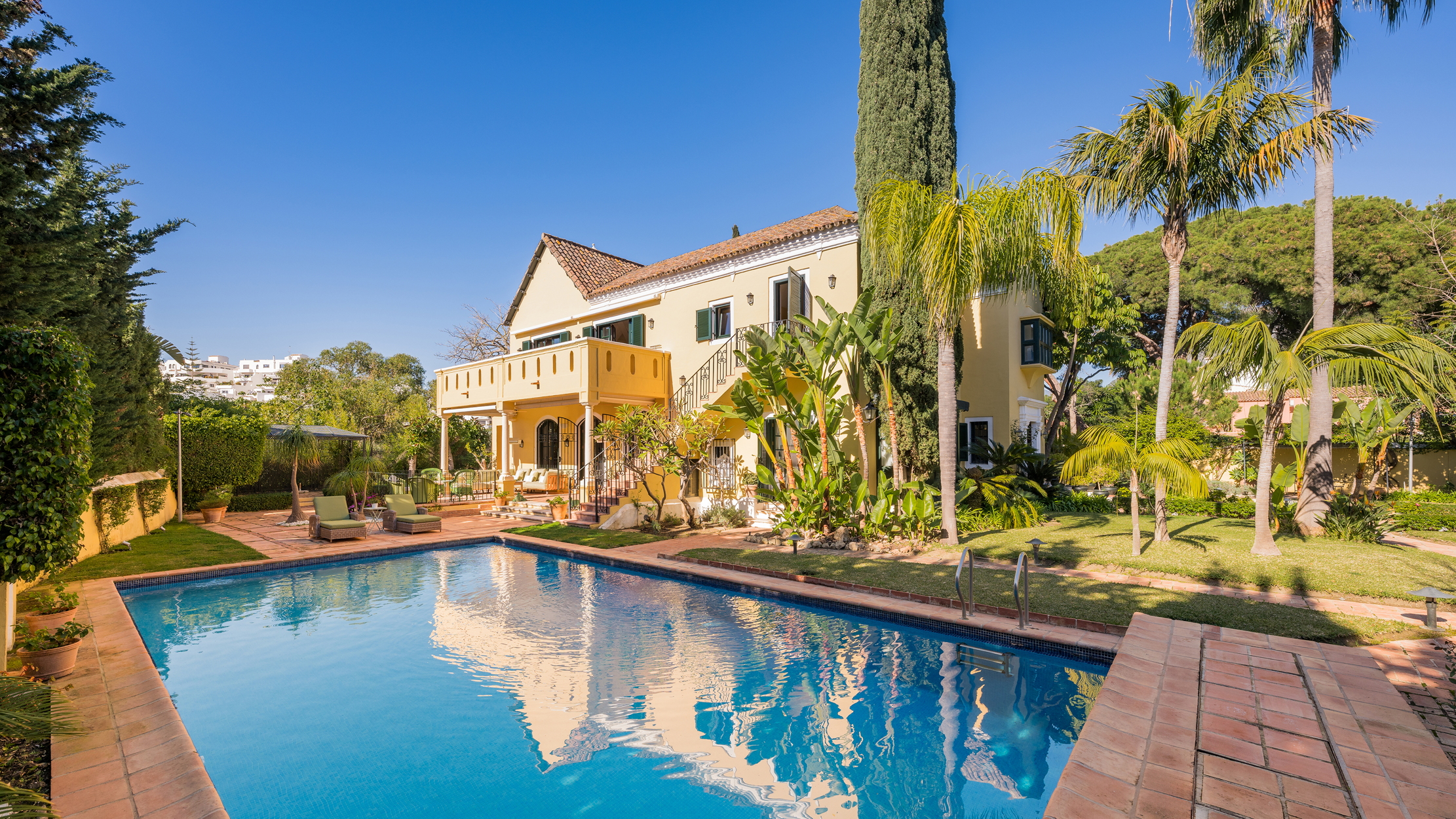 Damon Hill's former home in Marbella is the perfect place to slow down
Damon Hill's former home in Marbella is the perfect place to slow downThe glorious Andalusian-style villa is found within the Lomas de Marbella Club and just a short walk from the beach.
By James Fisher Published
-
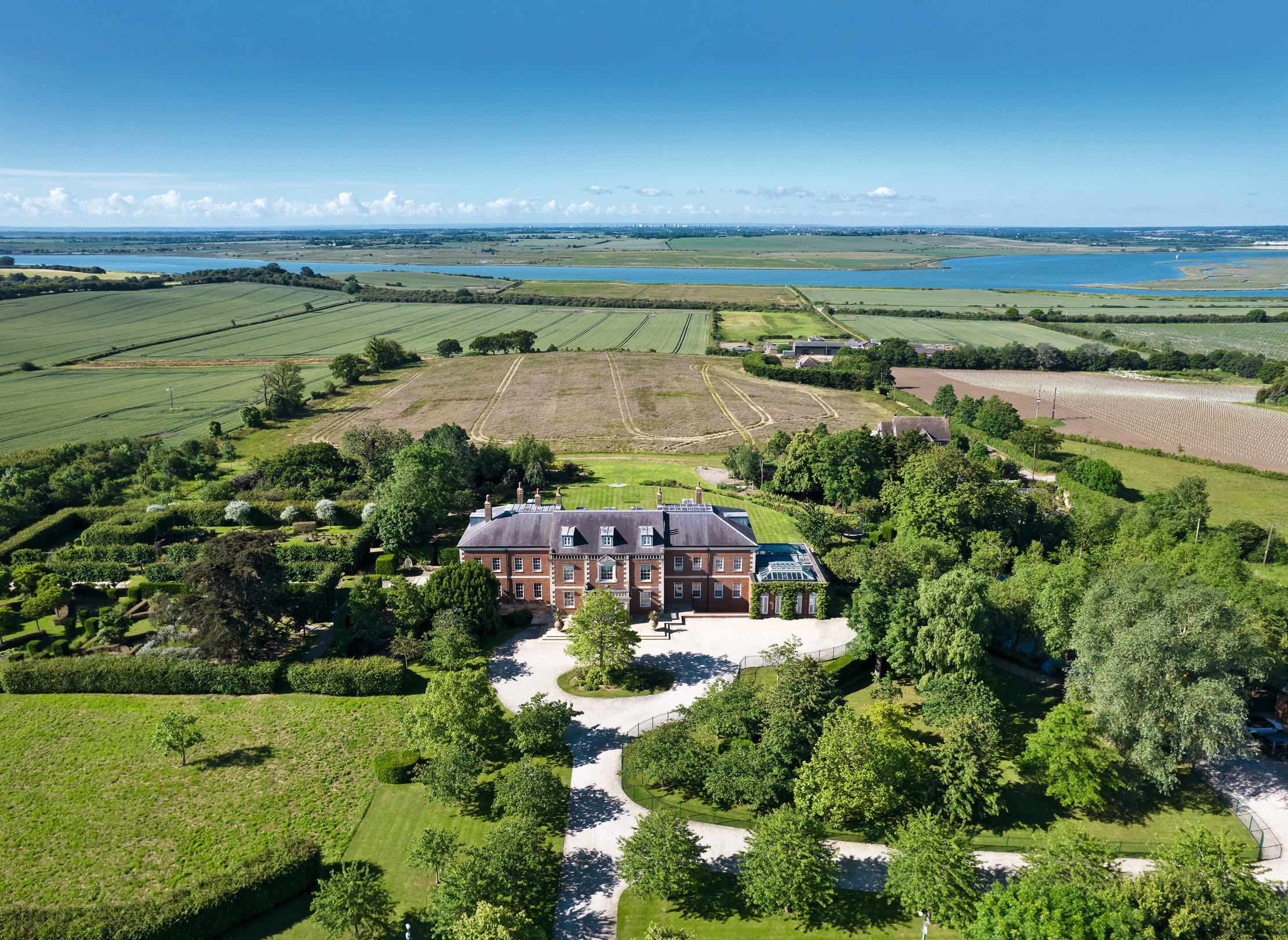 A 327-acre estate in the heart of 'England’s Côte d’Or', with a 26,000sq ft Georgian style home at its heart
A 327-acre estate in the heart of 'England’s Côte d’Or', with a 26,000sq ft Georgian style home at its heartStokes Hall in the Crouch Valley is an inspiring property looking for a new owner.
By Penny Churchill Published
-
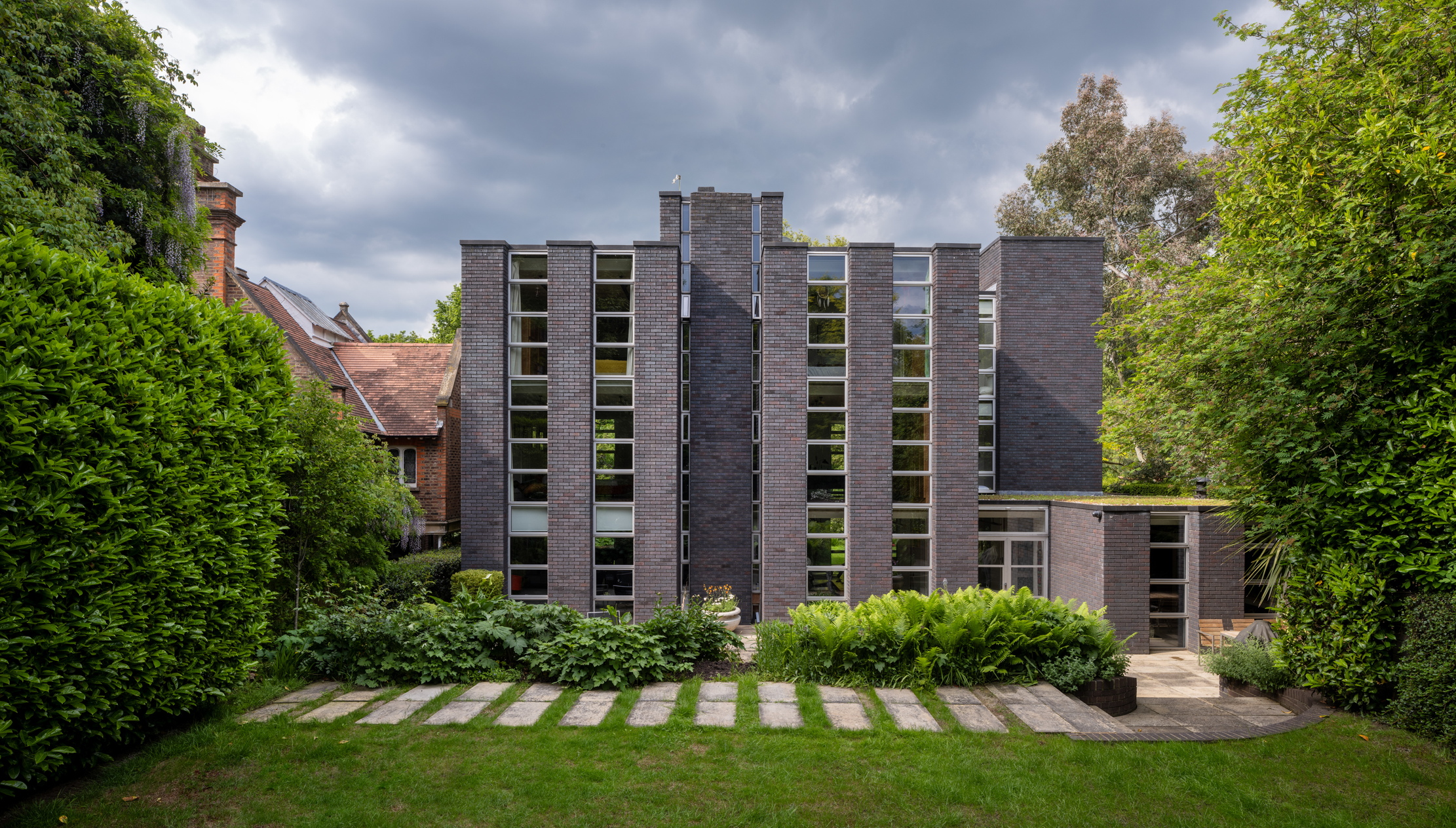 Schreiber House, 'the most significant London townhouse of the second half of the 20th century', is up for sale
Schreiber House, 'the most significant London townhouse of the second half of the 20th century', is up for saleThe five-bedroom Modernist masterpiece sits on the edge of Hampstead Heath.
By Lotte Brundle Published
-
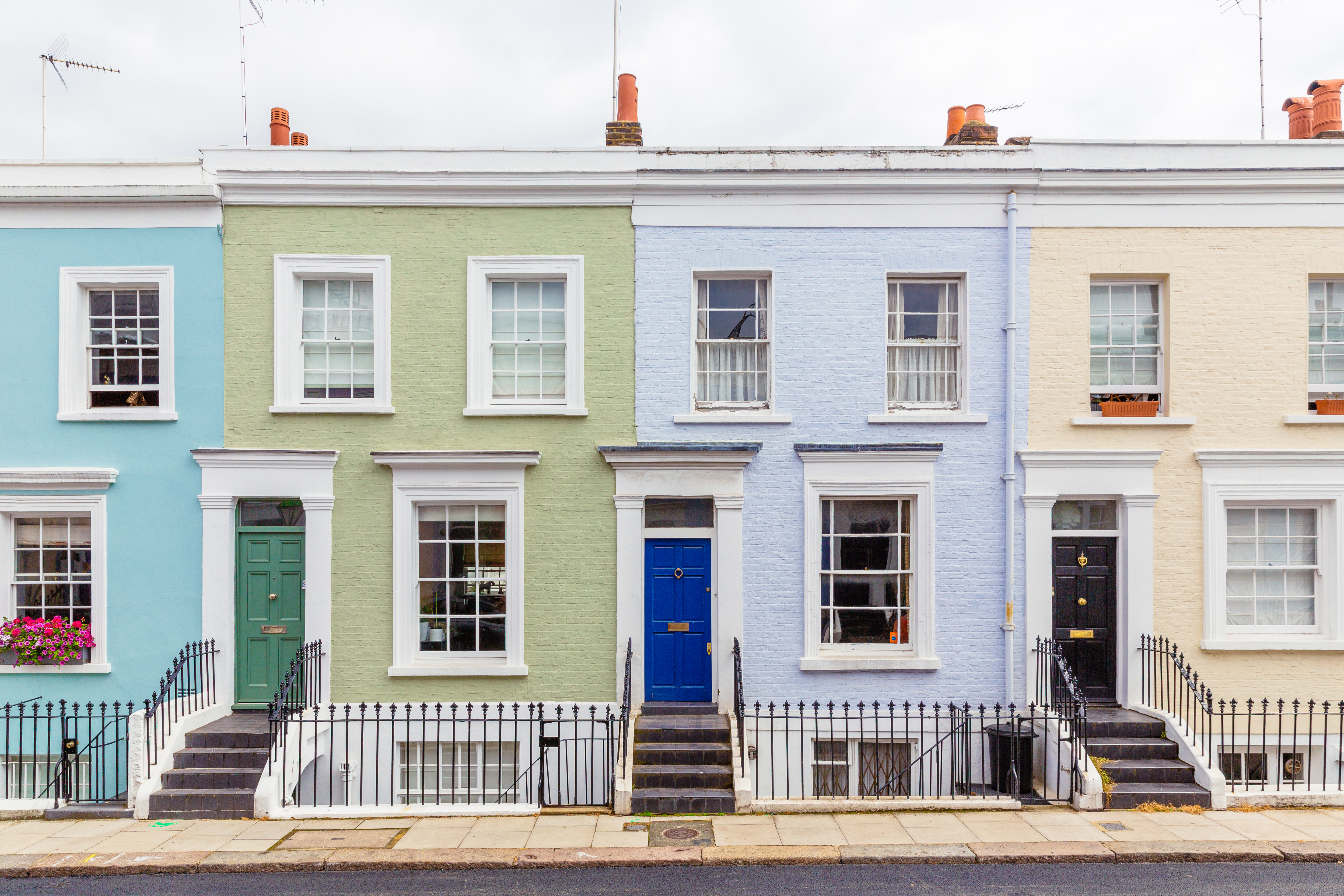 Is the 'race for space' officially over?
Is the 'race for space' officially over?During the lockdowns, many thought the countryside was the place to be. It seems many are now changing their minds.
By Annabel Dixon Last updated
